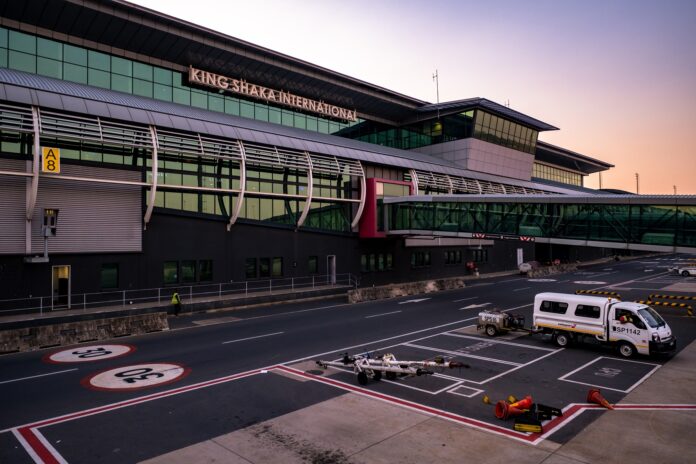The Supreme Court of Appeal (SCA) has awarded Cynthia Nobuhle Khedama R580 000 for her unlawful arrest and detention by the South African Police Service in 2011.
The judgment, on Thursday, described as a “just and fair” response to her suffering, exposes the inhumane treatment she endured and demonstrates the importance of police accountability.
Khedama’s ordeal began on December 3, 2011, at King Shaka International Airport in Durban, KwaZulu-Natal, where she was preparing for a business trip to Turkey.
Two police officers interrogated her, using the xenophobic slur kwerekwere (foreigner) to describe her Cameroonian boss.
“They told the appellant she was being arrested,” the court heard.
This is in spite of the fact that, following a humiliating public search, no incriminating evidence was discovered.
Handcuffed and transported to the Tongaat police station, Khedama faced conditions that the SCA described as “cruel and degrading”.
Suicidal thoughts
The court heard that she was held in a small detention cell with a “dirty toilet” and a “filthy grey blanket”.
Khedama testified: “I was so distressed that I had formed the intention to accumulate enough tablets to eventually kill myself.”
For 10 days, she was shuttled across the country, enduring a leaking cell in Mthatha and another where she had no opportunity to bathe or exercise.
“The treatment meted out to her was so harsh that one would perhaps be justified to think this was an effort to make the appellant so frustrated as to rather take her life,” wrote Acting Judge of Appeal Dlodlo.
The SCA criticised the police’s failure to grant Khedama bail at her first court appearance in Verulam, Free State, noting: “There was no explanation given as to why it was necessary to continue to detain the appellant.”
Her constitutional rights to dignity and humane detention were violated, with the court citing Section 35, which guarantees conditions of detention that are consistent with human dignity.
Award reflects gravity of suffering
Initially, the trial court awarded damages, but the KwaZulu-Natal High Court reduced this to R350 000.
The SCA found this to be disproportionately low, citing previous cases, like Mahlangu v Minister of Police.
“Our courts should be as astute as to ensure that the awards they make for such infractions reflect the importance of the right to personal liberty,” reads the judgment quoted from Minister of Safety and Security v Tyulu, another case.
The SCA awarded R580 000 plus interest from the date of summons to reflect the gravity of her suffering.
Khedama’s trauma extended to her workplace, where her employer’s mistrust led to her demotion.
“Surely, the bosses must have thought that the appellant was indeed the type of personality displayed by the police,” the court ruled.



